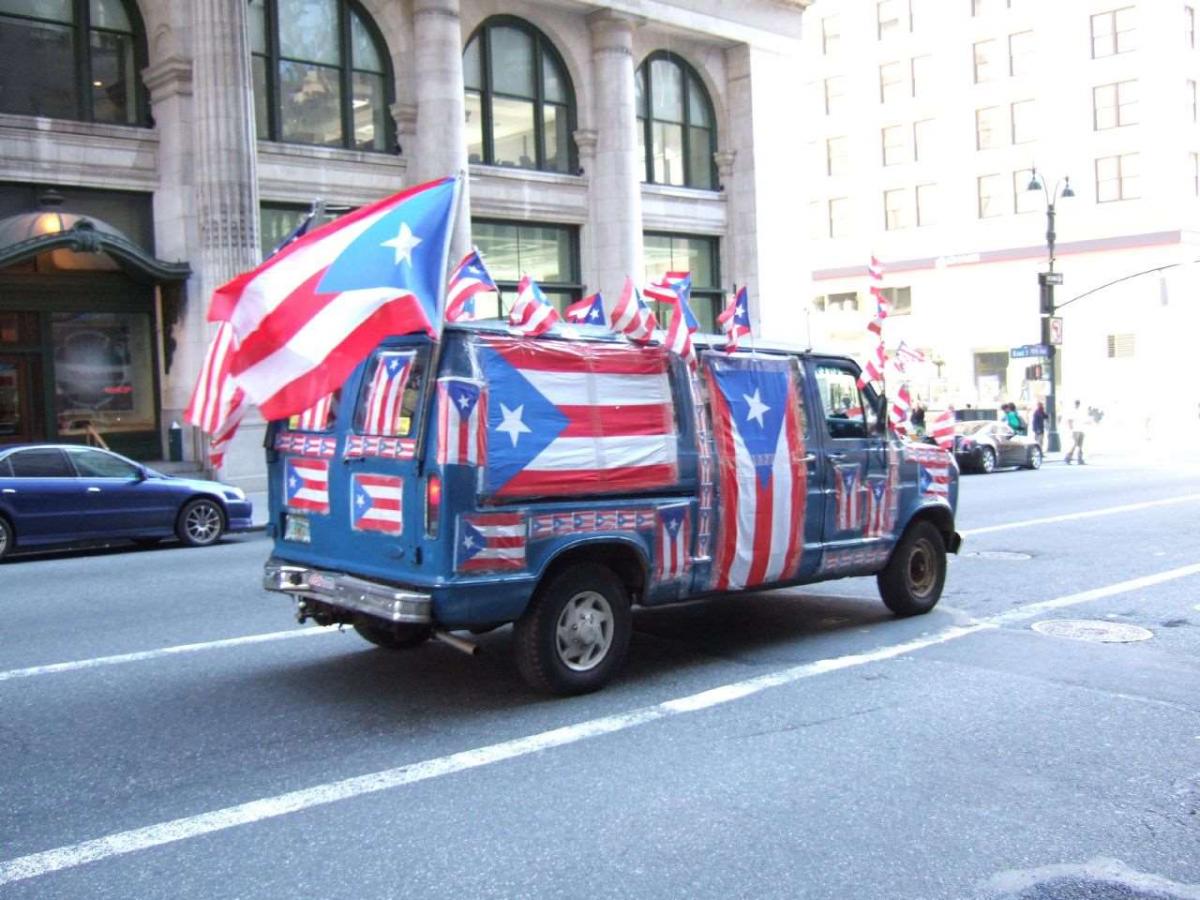Puerto Rico and various instrumentalities thereof may default on debt within days. If they do so, this will happen without the benefit of an applicable bankruptcy system or other legislated means of restructuring, without a referee if you will, unless Congress acts decisively within a matter of days, something that does not seem consistent with the recent habits of the U.S. Congress.
Actually, Puerto Rico already has defaulted on certain payments, but the Big One is on the way: July 1, 2016 is the day when $2 billion comes due. A default on that day seems likely to rival that of Argentina in 2001 in kicking off a long pursuit of recovery by a shifting cast of the holders of the paper involved. This involves $72 billion in debt.
The investment banking form Keefe, Bruyette & Woods issued a report June 15 on the prospects of Congressional action. It said that some such bill as that which has already passed in the lower house will likely become law eventually, but that two very different sets of opponents will seek to amend it in the Senate first. The arguments over these efforts will almost certainly carry us past the start of July, so there will be some fall-out from a $2 billion default even if action is taken soon thereafter.
Implementation
Even if the bill does quickly become law, another timing problem awaits. Mere passage of the bill will do little except trigger the creation of an Oversight Board, and it may take a good deal of time to set that up.
Another point: The Supreme Court has refused to ride to the rescue of Puerto Rico, leaving the matter entirely in Congress’s hands.
The case that came before the Supreme Court of late, and that produced a 5 to 2 vote by the U.S. Supreme Court on Monday, June 13, involved a Recovery Act passed by the Commonwealth’s government, and three government owned public utilities, the Puerto Rico Electric Power Authority, the Puerto Rico Aqueduct ad Sewer Authority, and the Puerto Rico Highways and Transportation Authority, each of which stood to benefit from the operation of that act.
By 2014, when the Commonwealth enacted the Recovery Act, these utilities owed $20 billion. Their solvency could not be treated as a matter distinct from the solvency of the Commonwealth itself. The Government Development Bank for Puerto Rico had by this time provided financing to allow the utilities to continue operations without default, and the Bank itself came to face a fiscal crisis.
The Recovery Act included some consensual elements intended to protect creditors, but it provided that if no consensual work-out could be achieved through negotiations among the instrumentalities of the Commonwealth and its/their creditors, the default option would be a restructuring very much like that contemplated by Chapter 9 of the U.S. Bankruptcy Code.
Plaintiffs, who collectively held nearly $2 billion worth of the bonds issued by the Electric Power Authority, alleged that the federal government has preempted the field, thus prohibiting Puerto Rico from creating such a bankruptcy scheme.
The Supreme Court’s opinion, June 13, is written by Justice Clarence Thomas. Since Justice Scalia’s seat remains vacant and Justice Alito recused himself, only seven votes were cast on the matter. Thomas write for himself, Chief Justice Roberts, as well as Justices Kennedy, Breyer, and Kagan. Justice Sotomayor wrote a dissent, in which Ginsburg joined.
The dissenters made the policy point that “the government and people of Puerto Rico should not have to wait for possible congressional action to avert the consequences” of a fiscal crisis. Justice Thomas responded: that is what the language of the statute requires, and dismay at the consequences of following the plain meaning of the language doesn’t exempt the courts from the responsibility of following it.
This was the second SCOTUS ruling within a few days that defeated an attempt by the Commonwealth of Puerto Rico to asset sovereignty analogous to that of one of the states. The first such ruling concerned the application of the “double jeopardy” clause of the Fifth Amendment. The line-up of Justices was the same: Breyer and Sotomayor were alone in dissent in that one as well.
Finally, it’s worth observing that Puerto Rican politicians did a good deal to help themselves into their present predicament by skewing the incentives faced by the island’s municipalities. The power utility, for example, has … amassed up to $9 billion in debt providing free electricity to all the island’s municipalities and government-owned enterprises. Since they get free electricity, the municipalities have no incentive to conserve on juice in their operations, and they’ve happily committed the free juice to various quite dubious projects.




